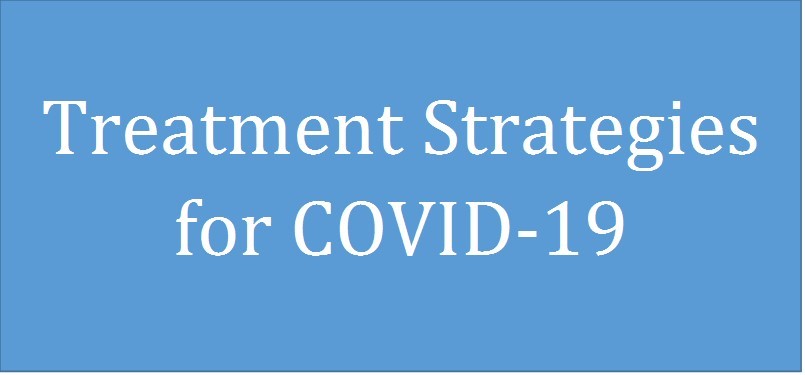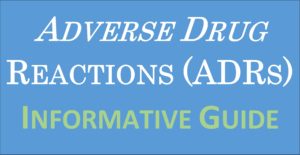Coronavirus disease (COVID-19) is a life-threatening disease caused by a deadly coronavirus. In this article, you will learn about the treatment strategies for COVID-19
Most people infected with the COVID-19 virus will experience mild to moderate respiratory illness and recover without requiring special treatment. Aged people and those with some serious diseases like cardiovascular disease, diabetes, chronic respiratory disease, and cancer are more prone to develop life-threatening illnesses.
Most people recover at home after becoming ill with COVID-19. Following things you can do to feel better if you have the flu getting enough rest, staying well hydrated, and taking medications to relieve fever and pains — also help with COVID-19.
COVID-19 Current Treatment Strategies
The current methodology to treat COVID-19 involves using antiviral medications, anti-inflammatory medications, and immune system modulators, including remdesivir, glucocorticoids, and tocilizumab.
Dexamethasone
Many doctors around the world, including those in the UK & United States, have been treating very serious COVID-19 patients with corticosteroids since the start of the pandemic. The strategy behind this is to minimize a hyper-immune response (a cytokine storm) in COVID-19 patients. As we all know that in these cases, it is the immune system’s overworking that is denaturing the lungs and other organs, and too often leading to death.
Some of the potent anti-inflammatory drugs include Dexamethasone and other corticosteroids (prednisone, methylprednisolone). These drugs are frequently available and inexpensive.
According to the NIH COVID-19 treatment guidelines, the use of dexamethasone in certain people hospitalized with severe COVID-19 is highly recommended. These recommendations were based on results from the RECOVERY trial. In the recovery trial study, above 6,000 patients hospitalized with COVID-19 randomly received either standard treatment or dexamethasone. The result of the study showed that patients who required supplemental oxygen or ventilators and who received dexamethasone were less likely to die within 28 days than those who received standard care. The study confirms that Dexamethasone did not have a benefit in patients who did not need respiratory support.
Remdesivir
The FDA approved the antiviral drug Remdesivir in October 2020 to treat COVID-19. The drug can be used to treat adults and children ages 12 and older. Those who weigh at least 88 pounds, who have been hospitalizing for COVID-19. Clinical trials suggest that in these patients, remdesivir may modestly speed up recovery time.
Baricitinib in combination with remdesivir
In November 2020, the Food and Drug Administration (FDA) issued an emergency use authorization (EUA) for the use of baricitinib in combination with remdesivir. This drug allow administering in hospitalized adults and children 2 years and older who require respiratory support. However, there is not yet enough evidence to support the use of this therapy instead of dexamethasone with or without remdesivir.
Anticoagulation drugs (“blood thinners”)
Almost all people admitted to the hospital with COVID receive medications to help prevent blood clots. Doctors usually prescribe low-dose heparin or enoxaparin. However, some patients require full doses of anticoagulants. If they already have developed blood clots or have a high risk of doing so. Doctors always need to balance the risk of dangerous bleeding when prescribing full doses.
Conclusion
Treatment strategies for Covid-19 change as the various clinical studies results are publishing. I have covered the latest treatment strategies going on in the world. Please share your valuable comments below if you know any current strategies.


